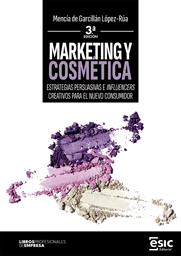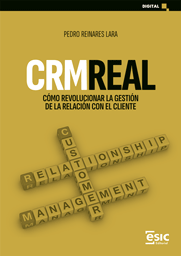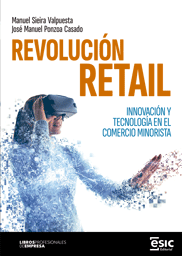

1ª edición
Amaia Lafuente Ruiz de Sabando
Cafés La Brasileña, emblemática empresa tostadora de café fundada en Vitoria (Álava, País Vasco) en 1928, gozaba en noviembre de 2020 de una posición consolidada y de un gran reconocimiento en el mercado alavés. Sus cafés e infusiones se podían consumir en multitud de cafeterías, bares y restaurantes de la provincia, así como a través de la amplia red de máquinas expendedoras –vending– que la empresa había logrado desarrollar. También se podían comprar en la mayoría de los supermercados alaveses o en la tienda online de La Brasileña. Pero, además, La Brasileña contaba con siete tiendas propias ubicadas en el centro de la capital alavesa en las que vendía las variedades más selectas de café y otros tipos de productos como infusiones, azúcar, frutos secos, ingredientes para repostería, complementos, etc.
Sin embargo, a las puertas de cumplir sus 100 años de historia, el año 2020 planteaba grandes retos a esta empresa alavesa. A las posibilidades de desarrollo que brindaban las tendencias identificadas en el mercado se sumaban los cambios en los hábitos de los consumidores derivados de las medidas impuestas para contener el avance del virus covid-19 entre la población. Era un momento de tremenda incertidumbre en el que Chema Medrano, responsable de marketing de la empresa, se formulaba numerosas preguntas sobre la dirección hacia la que le convendría avanzar a la empresa: «¿Abrimos nuevas tiendas en los barrios jóvenes de la capital alavesa? ¿Y en otras provincias de la geografía española? Si lo hacemos, ¿de qué manera? ¿Optamos por comercios como los actuales o por otros tipos de establecimientos? En cuanto a la marca, ¿deberíamos rejuvenecer alguno de sus elementos? ¿Nos ayudaría a llegar mejor al público joven? ¿O los inconvenientes de este cambio pesarían más que las ventajas?». Las opciones eran muy variadas, ¿cuál sería la mejor para la empresa?
Doctora en Ciencias Económicas y Empresariales por la Universidad del País Vasco (UPV/EHU), posgraduada en Diseño y Tratamiento de Encuestas para Estudios de Mercado y Sondeos de Opinión por la UNED y licenciada en Ciencias Empresariales por la UPV/EHU.
Actualmente, es profesora de grado y posgrado en la UPV/EHU en el área de Comercialización e Investigación de Mercados.Sus trabajos de investigación y publicaciones más recientes se han centrado en el ámbito del marketing universitario.
Ha desempeñado cargos de gestión universitaria, como la subdirección de Prácticas y Relaciones con la Empresa de la Escuela Universitaria de Estudios Empresariales de Vitoria (UPV/EHU).
Ekonomia eta Enpresa Zientzietan doktorea Euskal Herriko Unibertsitatean (UPV/EHU), Merkatu Azterketetarako eta Iritzi Zundaketetarako Inkesten Diseinuan eta Tratamenduan posgraduatua UNEDen, eta Enpresa Zientzietan lizentziaduna UPV/EHUn.
Gaur egun, graduko eta graduondoko irakaslea da UPV/EHUn, Merkaturatzearen eta Merkatuen Ikerketaren arloan. Bere ikerketa-lan eta argitalpen berrienak unibertsitate-marketinean zentratu dira.
Unibertsitate-kudeaketako karguak bete ditu, hala nola Gasteizko Enpresa Ikasketen Unibertsitate Eskolako (UPV/EHU) Praktiketako eta Enpresarekiko Harremanetako Zuzendariordetza.


Comercial y Ventas, Comportamiento del Consumidor, Comunicación, Investigación Comercial, Logística y Distribución, Marketing

Comercial y Ventas, Comportamiento del Consumidor, Estratégico, Investigación Comercial, Marketing, Operativo y Sectorial

Comercial y Ventas, Comunicación, Estratégico, Marketing

Comercial y Ventas, Directo, Digital e Interactivo, Empresa, Estratégico, Marketing, Operativo y Sectorial